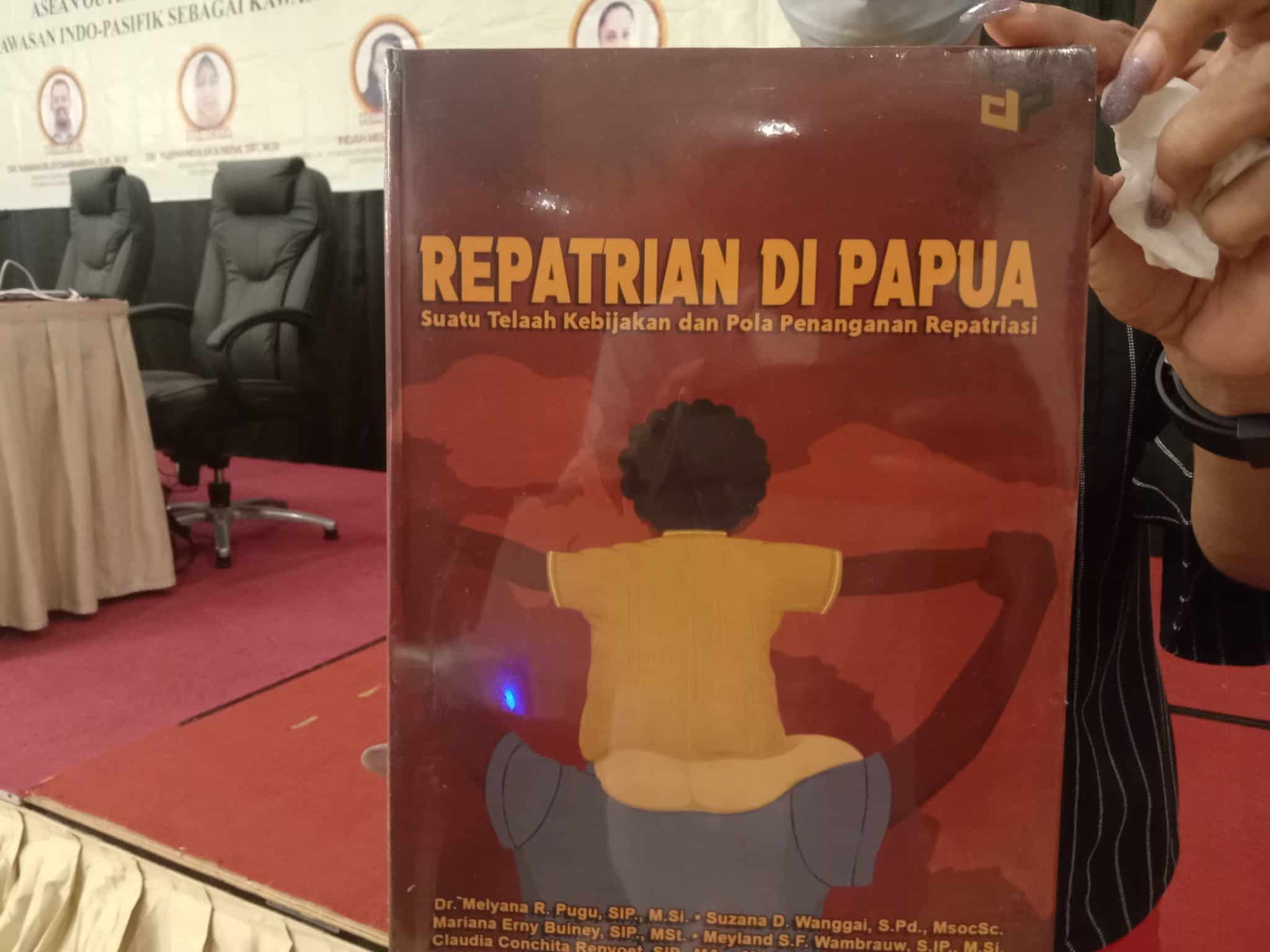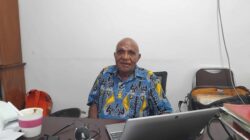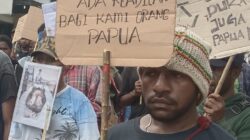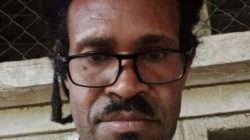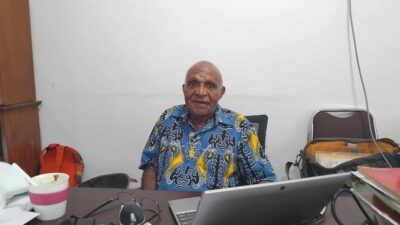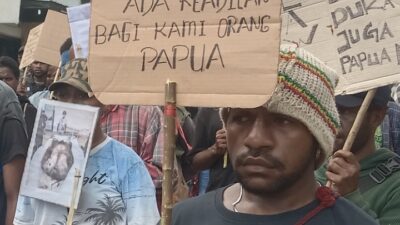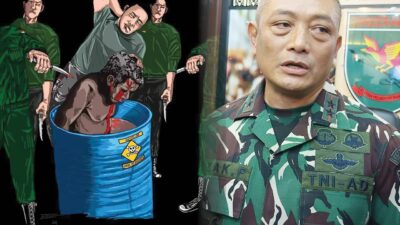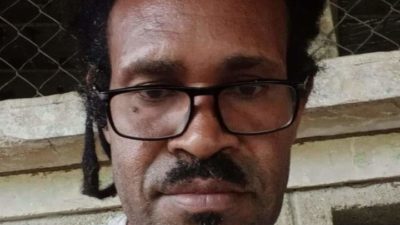Jayapura, Jubi – Indo-Pacific Study Center of the Cenderawasih University launched a book titled “Repatriates in Papua” in Jayapura City on Wednesday, June 29, 2022. The book, written by Melyani R Pugu, Suzana D Wanggai, Mariana Erny Buiney, Meyland SF Wambaruw, Claudia Conchita Renyoet, and Mariolin A Sanggenafa, examines the issue of Papuans who were repatriated from the refugee camps of Indigenous Papuans in a number of countries.
The book, which is more than 100 pages thick, dissects the problems of repatriates in four regencies and cities in Papua, namely Jayapura City, Jayapura Regency, Keerom Regency, and Merauke Regency.
Chairman of the Indo-Pacific Study Center Melyani R. Pugu said that this book looked at how to get a modeling strategy to deal with repatriates in Papua.
Many Papuan people were repatriated from various refugee camps in Papua New Guinea and Pacific countries. “So far, the government does not yet have a model for dealing with repatriates,” said Pugu.
Pugu said that repatriates she met in the four regions lived in poverty. After being returned to Papua, these refugees were not handled by the local government, nor were they accepted by the community.
“There are people who think these people used to run to the other side, to a neighboring country, so they don’t have to deal with those who were repatriated to Papua. That’s a big problem for us, why can’t we do something for them?” she said.
Pugu explained that this book written by her and the other authors gave input to the Indonesian government, particularly the Papua Provincial Government, to address the problems faced by the refugees who were repatriated to Papua. Handling the repatriates can be done through cooperation and collaboration between the government, academics, businessmen, traditional leaders, religious leaders, and women’s leaders so that they do not become a burden on the region.
“They must be given an accommodation first, then cross-subsidies or assistance. They must be assisted or given training for 5-10 years until they are independent,” said Pugu. (*)


